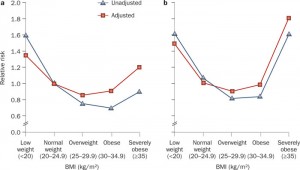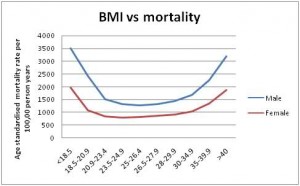Join Health Affairs for a virtual conversation between me and Angela Odoms-Young of Cornell University discussing the evolution of US food and nutrition policy, the current policy landscape, and thoughts on what lies ahead. It’s at 1:00 p.m. EDT. To join the Webinar, click here.
Does starvation increase longevity? Not in monkeys.
The New York Times front page today has a report of a long-term study at NIH of severe calorie restriction in Rhesus monkeys. It found that calorie restriction did not extend the monkeys’ lifespan.
I’m not at all surprised. My co-author and I reviewed the literature on calorie restriction for a chapter in our book, Why Calories Count.
The new study makes news because it contradicts a study done in Wisconsin showing that severe calorie restriction extends life. Severe means 25% to 30% fewer calories per day that are needed to maintain normal body weight. I’d call this a starvation diet.
An editorial accompanying the report of the study in Nature attributes the difference between the results of this NIH trial and the Wisconsin study to a difference in dietary composition, suggesting that calories differ in their effects.
Not necessarily. The Wisconsin study allowed the control monkeys to eat a lot of junk food and they were fatter than normal. The NIH study restricted calorie intake in its control monkeys so they maintained normal weight and were healthier. This is the simplest explanation of the difference.
Studies in rats, mice, and many other animals show that calorie restriction extends life.
But what about primates?
Starvation can hardly be good for health. It causes weight loss, of course, but also a host of physiological and psychological problems. These were extensively documented in humans during World War II in Ancel Keys’ Starvation studies.
The relationship between BMI and human longevity has been examined in several recent studies, all of which show similar results: Longevity is best associated with BMIs in the range considered normal or slightly overweight. Above that range—but also below it—mortality increases.
Being underweight is associated with higher mortality.
A Canadian study provides this example:
And one from the National Cancer Institute provides another:
The bottom line? Eat a healthy diet and balance calories to maintain a healthy weight within that range.



